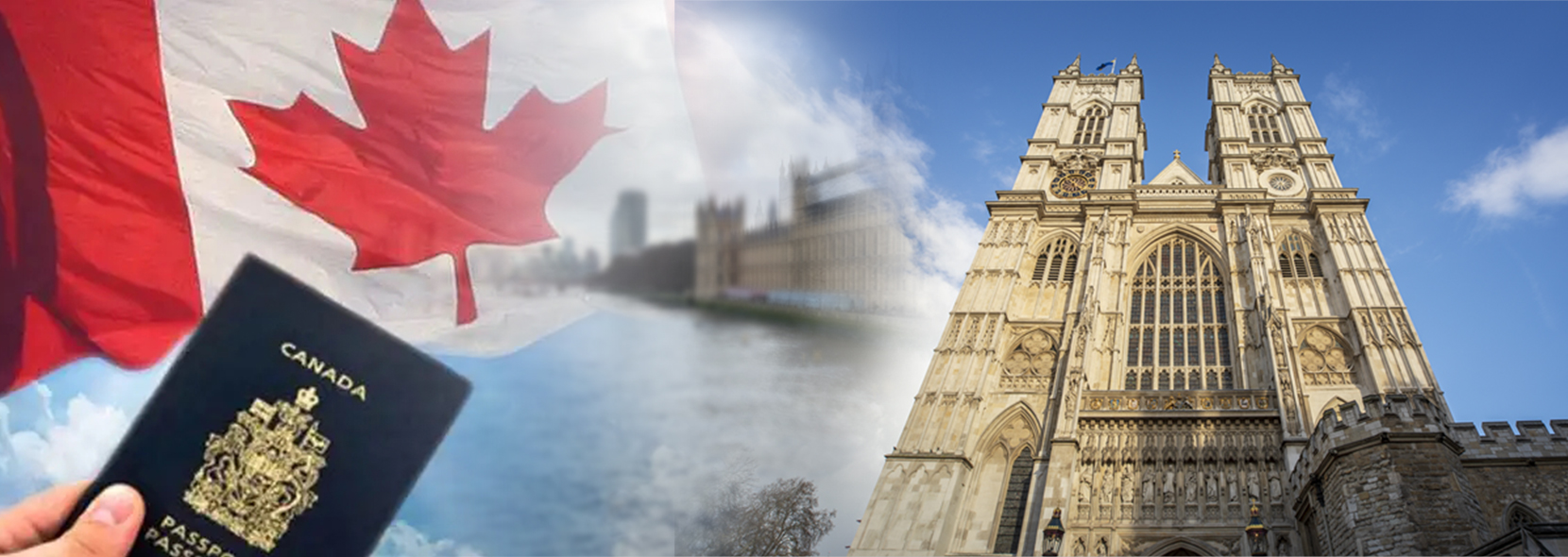

There are many people who are prepare to study in Canada, but very few people know about the local customs. When we go to study in Canada, it is necessary to understand some of the customs of Canada. From greetings to eating, a little carelessness can go wrong, embarrassing yourself and potentially offending your host. When studying in Canada, pay special attention and try to avoid falling into the trap of customs.
Family
Canadian families have more than 3-4 members (that is, couples and 1-2 children). There are very few families living alone or with many children. Parents pay great attention to cultivating their children's habits of being able to endure hardship, hard work and self-reliance. Generally, they do not spoil their children. Children start looking for jobs to earn money during their study holidays since they are in high school. After graduating from high school, they live independently and work while studying. During school holidays, they go out to work and earn money to pay tuition fees. After the children get married, they must leave their parents and find a place for themselves. If you have children, you raise them by yourself, without the help of your parents. Every year on Thanksgiving or Christmas, children who leave home usually return to their parents' home to visit with gifts.
Manners
Canadians are more easy-going, friendly, approachable, polite but not cumbersome. Greet each other when people you know generally meet. When a man and a woman meet, the woman usually extends her hand first. If a woman doesn't want to shake hands. You can also just bow slightly. If a man is wearing gloves, he should remove his right glove before shaking hands. Women do not have to take off their gloves when shaking hands.
Many Canadians like to call them by their first names to show friendliness and proximity. Canadians are hospitable. It is generally considered more friendly to invite friends and relatives to eat at home instead of going to restaurants. When guests come to the host's house, the hostess will arrange a seat when they eat, or put a card with the guest's name in front of each seat in advance.
Dine together
In Canada, there is a more casual way to invite people to eat, that is, "buffet" or "cold dinner". After the host has put all the meals on the table, the guests can each take a large plate (or given by the host) and take the food they like to eat by themselves. They can leave the table and go to another room to sit and eat casually. This allows more time for conversation between guests and hosts, and between guests and guests.
In Canada, you are generally invited to dinner at a friend's house without gifts. However, if you go to a relative's house for a weekend or a few days, you should bring some gifts to the hostess, such as a bottle of wine, a box of sugar, etc. After leaving the host's house, you should immediately write a text message to the hostess when you get home, telling you that you have arrived home safely and expressing gratitude for the hospitality you received. When visiting relatives and friends during the holidays, it is usually necessary to bring a little gift as well.
Studying in Canada requires you to be highly sensitive to every move of the locals. Don't make a fuss, try to take it easy, and don't get annoyed at seemingly rude behavior -- like jumping in line. After all, we live in a global village, and different cultures make up our common home.
上一篇:没有了!